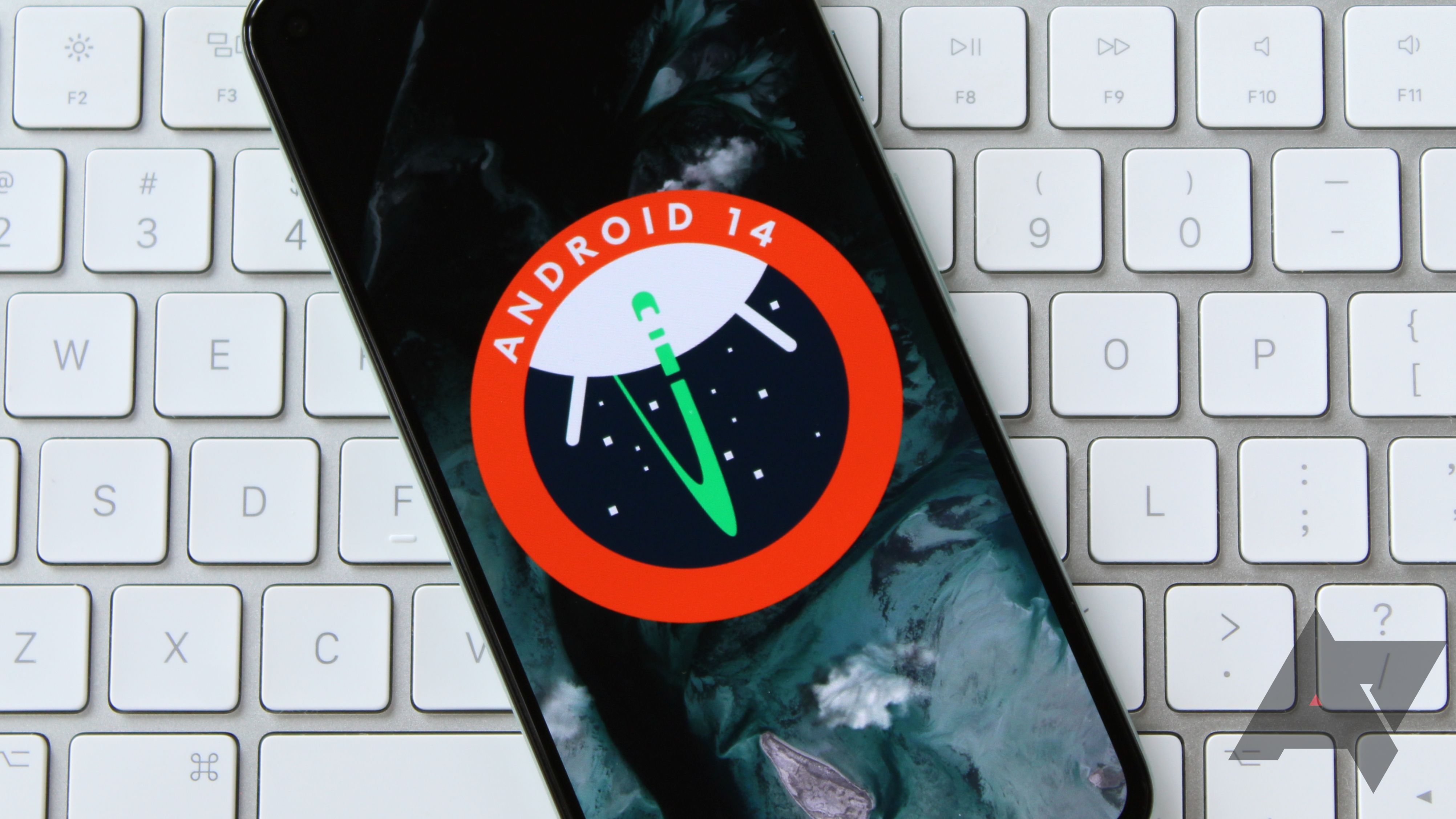Apps claiming to speed up your phone have been around since the Play Store was still called the Android Market, and most of them are snake oil. Whether they say they'll boost your RAM, speed up performance, or cook your breakfast, they're usually just closing background processes at best, and this practice actually does more harm than good. Thankfully, Google is finally taking a hard stance against these scammy apps in Android 14.
Esper's Mishaal Rahman has reported that Google is changing a key API used by task killer apps. Most of these apps use the KILL_BACKGROUND_PROCESSES permission to call on a system function that stops all apps running in the background on your phone. This does free up RAM momentarily and has a fleeting effect on processor load, but Android manages background processes automatically, so most of the killed processes will simply restart. The act of restarting puts a heavier load on system resources, as the background tasks being performed by the apps that were killed have to be started over.
In Android 14, when an app calls on this function, the system will now only allow it to kill its own background processes. Even if the app is targeting an older Android version and sending the specific package name of an app to be killed, it will have no effect. In fact, it's now only possible for a system app holding this permission to kill any app other than itself.
This API change was already present in Android 14 DP1, but documentation for the change was only just now made available with DP2. In the documentation, Google outright states that "It isn’t possible for a 3rd-party application to improve the memory, power, or thermal behavior of an Android device." It goes on to note that "Android is designed to keep cached apps in the background and kill them automatically when the system needs memory," and says that developers of task killer apps "should ensure that your app is compliant with Google Play’s policy against misleading claims.”
Google is effectively laying down the banhammer here, and it's nice to see the company isn't mincing words when addressing the behavior of these sketchy apps. The Play Store blocked over a million apps in 2021 alone for violating policies, so here's hoping that these changes lead to a drastic drop in performance booster apps going forward. Meanwhile, if your phone is running slow, you might want to look into some real tips for speeding up performance on Android.


